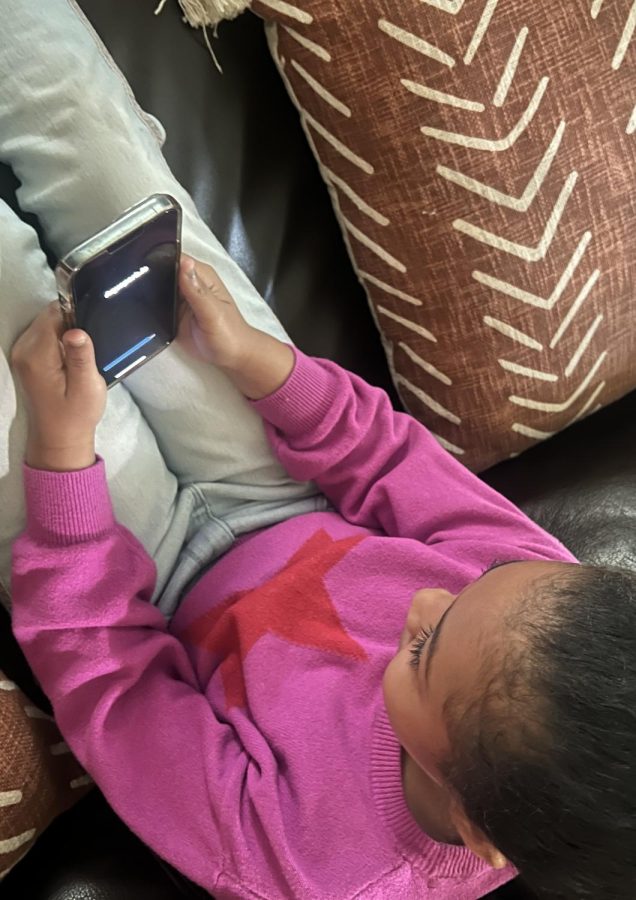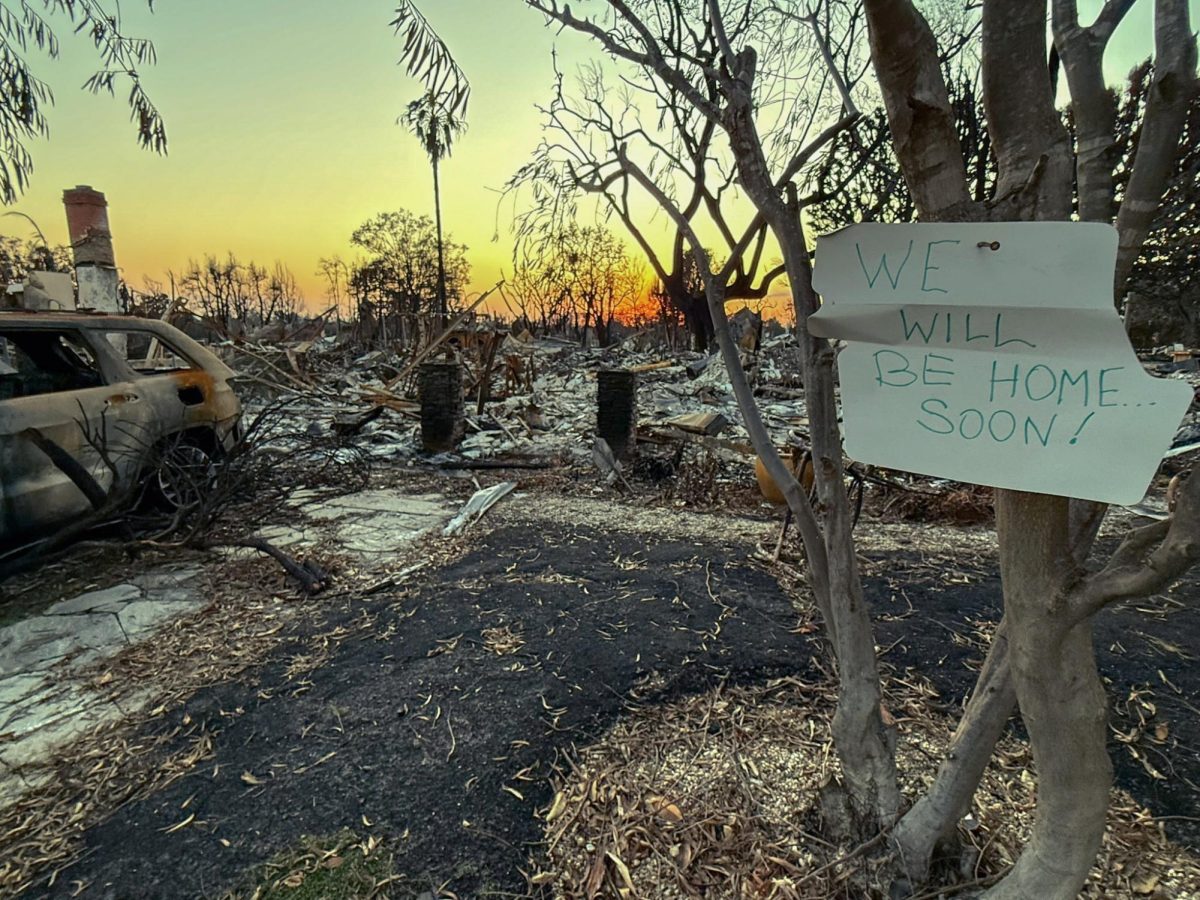Peer or Predator? Social Media Makes it Difficult to Distinguish the Difference
February 14, 2023
As a teenager in the 21st century, I spend between two and seven hours on my phone every day. Throughout those hours, I am probably being preyed upon by hundreds, if not thousands, of suspicious bots and disturbed adults. It seems as though this Internet-induced issue dominates the lives of almost every teen — even if they don’t know it. The contents of the ever-expanding web can be scary and difficult to navigate for a young person.
The predatorial people in your Instagram Direct Messages (DMs) are often disguised by pictures of teens, just liking your posts as a “friendly” gesture. Clever, right? Though these intelligent plans are usually offset by a starkly contrasting ratio of followers to following or by the incomprehensive sentences in their bio. The bold users will post selfies of their actual face, but they are a little up-close and personal for my taste. It’s also easy to spot malicious intentions when the peach emoji or “DM me ;)” is somewhere on their profile.
While I may be able to joke about trolls and predators, not everyone has that luxury. A lot of users seem to fall for the catfishing scam, leading to their accounts getting hacked. Worse, they may be recruited to a cult or dragged into sexual exploitation. The dangers of the Internet can be all-consuming, and most youth don’t know how to avoid scary situations.
Without trying, teenagers can easily become a random man’s sugar baby. The regular Venmo payments entice kids to send pictures of their feet without a second thought. These children can’t yet grasp the idea that these sociable messengers have such disgusting agendas. Yet, many teens that understand the gross design of Internet predators still continue to contact them as acts of rebellion or just because they don’t know any better.
Aside from the messages between predators and their victims, more traumatic situations have emerged as a result of Internet use.
Omegle, a website where people can video or text chat with random strangers, is used by many teenagers. I was skeptical of the app and — luckily — decided to never log on. Since the service became popular, I heard terrible stories — one after another.
I was told on separate occasions that children ended up being the ones to “talk down” strangers who were considering harming themselves. Suicidal users would dump their internal issues onto unsuspecting strangers on the other side of the screen. Suddenly, a distraction from a boring night became a matter of life and death. Teens that I knew, at only 14 or 15 years old, had to hold the weight of someone’s existence in their young hands. Knowing about these encounters made me worry about what other horrors a person could come across while chatting on Omegle.
Social media has also allowed for political tigers to prey upon the young minds in the next generation. In theory, social media has provided a forum for people under 18 to get involved in political causes, and while it is imperative that young people be politically informed, social media tends to create unjust opportunities for every voice to be heard.
Many social media algorithms work by feeding viewers content that aligns with the user’s biases. This means that websites are constantly feeding information that appeals to a user’s interests without providing any opposing viewpoints. This slew of misinformation causes the polarization in our society to be accelerated by younger generations. I have observed a lack of open-mindedness in many of my peers, and most of the time when speaking on politics, teenagers’ only sources are Instagram or TikTok. The ability to navigate possible deception is not an attribute that many young people hold, and this causes millions of people to be misinformed as incorrect facts are reposted countless times.
Sophomore Nicholas Bertram says that children nowadays are much less socially proficient than those of past generations. Bertram believes social media has “sprouted fake relationships” because of the impersonal nature of the Internet.
When creating an online profile, you can be anybody you want. By posting photos that aren’t yours, impersonating someone else on social media has never been easier. Most users also only post their best moments on their social accounts, which can create a false illusion of happiness for their followers. By only seeing the highlight reel of someone’s life, it is hard to truly understand who they are. The ability to separate curated posts and real life is not a skill that most people — especially children — possess.
From wanna-be “sugar daddies” to never-ending misinformation, the Internet is a growing cyclone of dangerous entrapment. Children who aren’t prepared for this reality could throw their lives off track with the simple click of a button. The integration of social media with today’s children is exploiting youth vulnerability and exposing them to harmful situations at a young age. Take it from me and every other kid that’s been raised by the Internet: I suggest that you proceed with caution.












